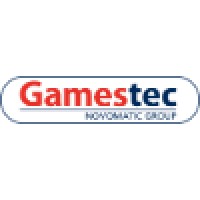
Gamestec
Gamestec Leisure Limited is one of the largest and most progressive suppliers of coin operated amusement equipments throughout the UK and part of the Novomatic group, a world leader in gaming solutions and supply. We operate in a range of public venues, ranging from Public Houses, Licensed Betting Offices, Clubs, Family Entertainment Centres, Bowling Alleys and Holiday Parks. Our business is about providing class leading pay to play entertainment to the licensed and leisure sector and we pride ourselves on being able to deliver exceptional service to a wide range of customers.






